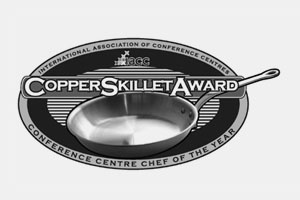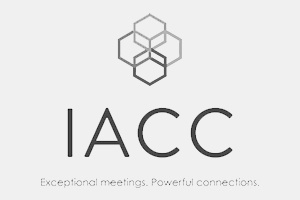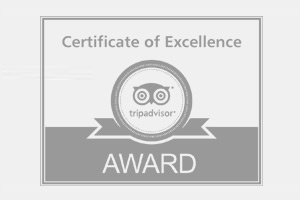Experience is now one of the most important aspects of the events industry, with the IACC Meeting Room of the Future 2019 report showing that 80% of delegates place more emphasis on experience than anything else. A trend linked with the fact millennials now comprise the largest proportion of the workforce, meeting and event organisers are rethinking their strategies to meet these changing needs. According to the report, sustainability, integration of technology, fresh use of spaces and originality in food are all important trends too.
When looking for a meeting or event venue, it’s therefore more important than ever before to find a space that can accommodate these newly emerging needs. Here are some of IACC’s top tips for meeting planners:
Planning Efficiency
Meeting planners have a growing list of needs to satisfy, so it pays to use tools to make the planning process more efficient.
- Event planning tools such as All Seated can greatly help the planning process.
- Use digital planning tools for seating charts and floorplan layouts. 3D and virtual venue tours can be helpful too.
Active Learning
Providing diverse methods for participants to learn also helps them to better engage their brains and retain information more easily.
- Use technology such as sli.do to spark audience participation. It’s important to ensure the audience knows how to use it, so begin the session with fun opening poll. This is also useful for quickly engaging attendees right from the start.
- Organise agendas with shorter sessions and succinct learning periods. Also add in more breaks, such as two in the morning and two in the afternoon.
- Use outdoor space in venues for some parts of the agenda to keep your audience stimulated and engaged.
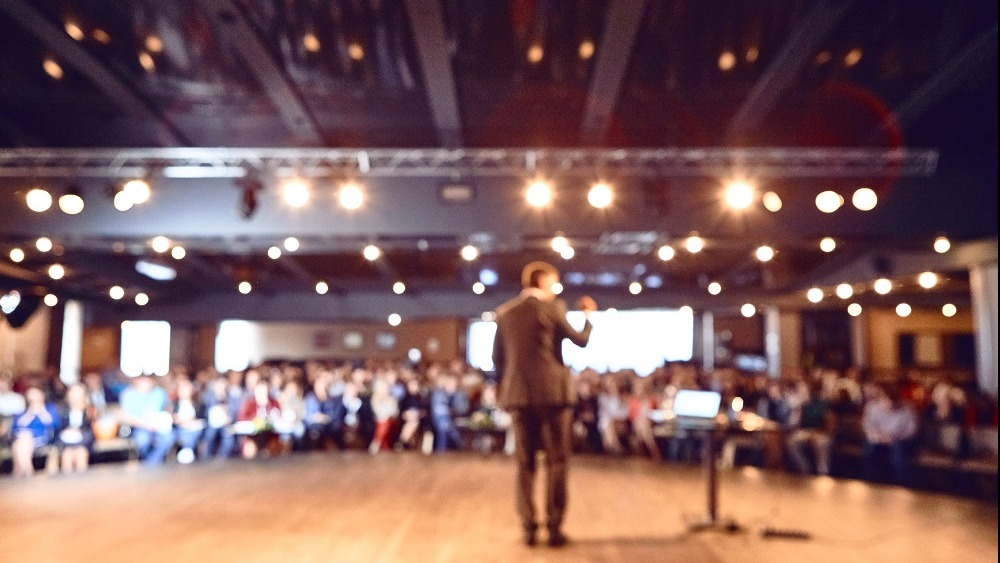
Best Use of Technology
Delegates nowadays expect technology to be integrated into meeting and event experiences – but remember to use it wisely.
- Choose technology selectively, ensuring it genuinely enhances the delegate experience.
- Ensure Wi-Fi connectivity is strong and seamless, and check streaming capacity is adequate – the IACC has a Bandwidth Estimator to help assess your needs.
- Choosing a venue with good 4G and 5G bandwidth can be a good security net in case the Wi-Fi bandwidth fails.
Add Foodie Elements
Food is a crucial part of the delegate experience, both in terms of catering for all dietary needs and in respect of engagement with the event.
- Pre-empt the fact there will be dietary needs by planning menus that consider common requirements, including gluten free, dairy free and vegan options.
- Tap into food trends to catch the attention of delegates, such as raw food, fresh smoothies, build-a-bowl options, high protein snacks, local products and artisan breads.
- Design entire menus that focus on wellbeing – not just a bowl of fruit next to an array of unhealthy pastries.
- Work with venues to ensure the amazing presentation of food, drinks and snacks. Delegates love sharing food moments on social media.
- Remember to FLOSS! Include fair trade, local, organic, seasonal and smart (brain friendly) food items whenever possible.
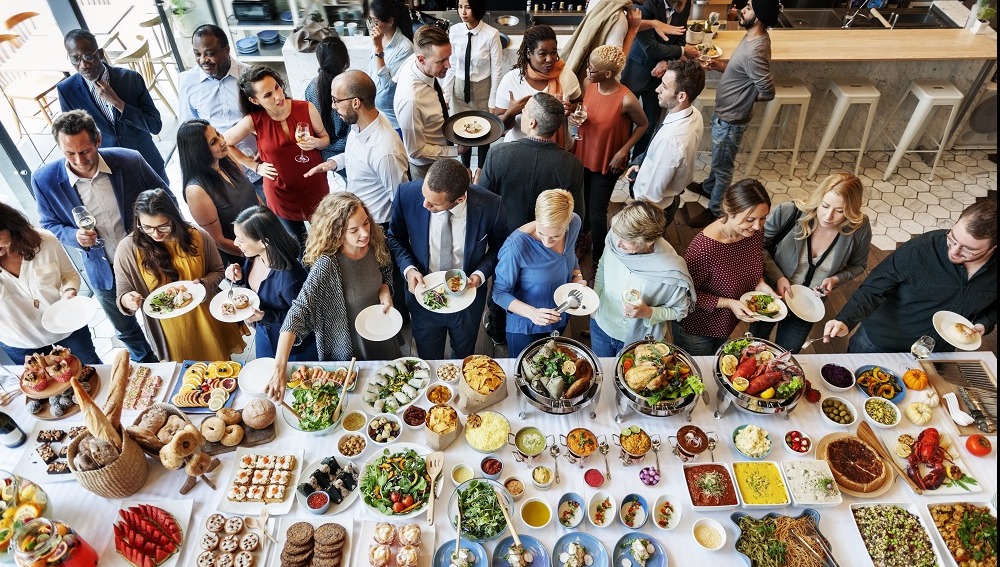
Promote Collaboration
Delegates often need a helping hand to collaborate and network effectively.
- Share event objectives and agendas with delegates ahead of time so they come feeling more prepared to participate.
- Clusters of chairs, sofas and beanbags naturally promote small group discussions and networking – and have better results than theatre style or classroom style layouts.
- Give time outside of organised sessions for informal conversations – interactive activities near the coffee table can be great ice breakers.
Test a Venue
If you want to test how good a potential venue’s communication and efficiency is, the IACC suggests a simple test. Ahead of your site inspection, call the venue and leave a message for yourself. See how efficiently the message is relayed to you when you arrive. If a venue can get this right, it’ll give you more confidence if you decide to put your event in their hands.
Sustainability
It’s ever-important to delegates that meetings and events consider the environment from every angle.
- Choose venues on the basis of their ability to provide environmentally friendly and sustainable services. Score venues in terms of their accessibility by public transport too.
- Use suppliers that are local to the event to reduce your carbon footprint from deliveries and freighted items.
- Request a post-event report from the venue asking for the number of meals served and food wastage – this can be invaluable information to reduce waste at future events.
- Don’t use plastic water bottles and straws and use recycled and recyclable materials when possible. You may just need to have a few flexible straws on-hand for those with accessibility needs.
- Implement a policy to power down event technology when it’s not in use.

Respond to the expectations of the modern day delegate with these tips from IACC and make your meetings and events truly stand out.



